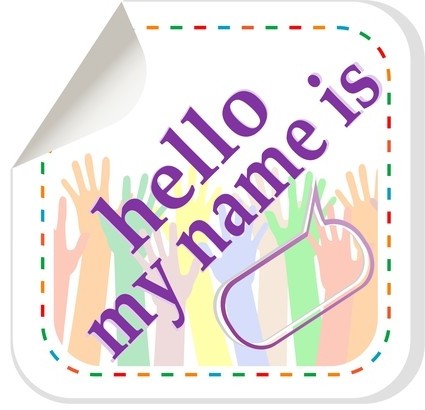
Naming your characters can be a pain in the butt. You want your readers to be able to tell them apart, of course, but you also try to convey some sense of identity, some element of their personality, through their name. The same image certainly doesn’t come to mind when you hear Beulah or Anastasia, does it? What about Count Dracul versus Muffy?
Just like a person’s name, a character’s name can influence how others see them, even shape their destiny. So when you’re brainstorming. here are a couple of pitfalls you might want to avoid:
Double-letter dullness
We were all raised on Sammy the Snake and Wanda the Witch (Sesame Street kids know what I’m talking about). It’s tempting to use alliteration, especially when naming animals or characters in children’s books. But Barry the Badger and Barnabas the Billy Goat becomes boring.
Lazy characterisation
Lewis Carrol and Charles Dickens were great at conveying the physical and personal characteristics of their people using their names, but in a modern setting it seems lazy. You can name a character Nicholas One-Eye to comic or ironic effect, but otherwise . . . really?
Janet and Jane
For the sake of my eyes and my tired, confused brain, please don’t give two characters such similar names that I wind up getting their plotlines and character arcs confused. Was Alice the bank robber or Alison?
Alphabet soup
Does your character’s name really have to have five consonants in a row? Unless she’s Welsh, I’d guess not. I know it’s all the rage to come up with fancy names, with unusual spellings and a half-dozen punctuation marks thrown in, but most of us hear a voice in our head as we read. So the next time you make me stumble over a character named Vercingetorix Llewellyn Berggren, I’m going to throw the book at you.
Twisted timelines
I’m sure there are kids running around these days named Beyoncé or Daenerys. But remember the time frame your story is set in. Please don’t inflict them on a kid born in behind enemy lines in WWII. Many names are peculiar to their timelines. Probably why there’s nobody out there under 75 named Mildred.
Tripping on their roots
Kunta Kinta resisted being called Toby until they beat it out of him. Why? Because his name was part of his self image. It was one of the last things he could hold on to from his motherland. It helped remind him of who he was.
Names are our identity, often entrenched in our ethnic roots, our gender, our homeland and our parents’ dreams for us. You character’s names should reflect who they are . . . without descending into insulting cliché, of course.
As always, it’s your book and you can name your characters anything you want. You can name your guy Phineas J. Finklebottom. You can call your heroine A. You can break any of these guidelines to achieve the effect you want. Many great authors have done it.
But I’m just sayin’ . . . .
What’s the best or worst character name you’ve ever seen? Tell us in the comments.
